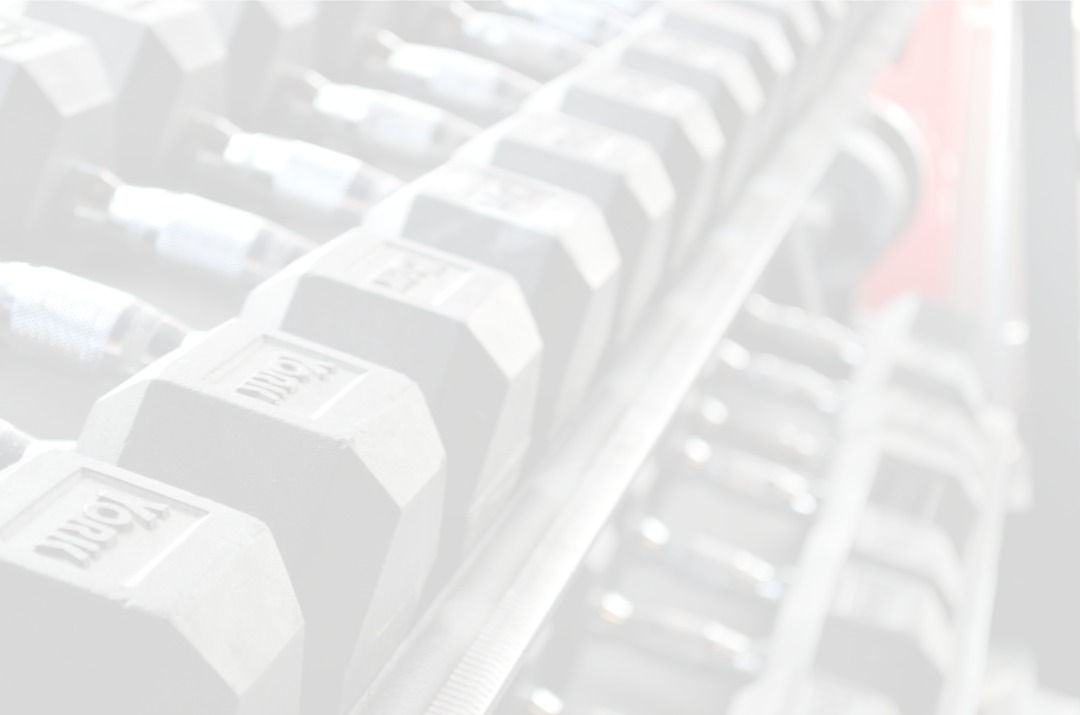5 Health Benefits of Beetroot Juice
- TuttleFitNut

- Feb 7, 2020
- 4 min read
Updated: Mar 1, 2020
Beetroot juice is a great source of vitamins, minerals, and antioxidants which offers us a wide range of health benefits.
Recent studies claim this sweet root vegetable may increase athletic stamina, reduce blood pressure, and improve blood flow.
Beets have an excellent nutrition profile. They even contain nitrates and a unique bioactive compound called Betalain. Everyone can get these benefits from consuming whole beetroots or beetroot juice.
In this post, I looked at several research articles backing these five proposed health benefits of beetroot juice.
1. Helps lower blood pressure

Researchers suggest that beetroots can help lower a person's blood pressure. This is due to their large quantity of nitrates. Our body turns nitrates into nitric oxide. Nitric oxide is a compound that dilates our blood vessels. When this occurs, blood flow improves and overall blood pressure is lowered.
In a recent study, 15 women and 15 men participated in a double-blind, randomized controlled trial. Researchers gave participants 500 grams of beetroot juice or a placebo juice. The blood pressure in men decreased by an average of 4.9 millimeters of mercury (mm Hg) when compared to those that drank the placebo juice after 6 hours of drinking the beetroot juice.
However, the blood pressure in women decreased by an average of 2.5 mm Hg. It is uncertain whether these differences between male and female was a result of gender.
A systematic review was done to examine the effects of beetroot juice supplementation on blood pressure. There was a total of 16 trials that were reviewed, which included 254 participants, that were conducted between 2006 and 2012. The duration of each study ranged from 2 hours to 15 days. After reviewing these studies, it was concluded that beetroot juice consumption was associated with positive changes in blood pressure with an average drop of 4.4 mm Hg.
It is important to note that researchers need to test the long-term results of beetroot juice and in those at greater risk for cardiovascular disease.
2. Improves blood flow
As we know, beetroot juice may help lower blood pressure but it may also improve blood flow. Why? If you recall, I mentioned that beets are rich in natural chemicals called betalains and nitrates.
Betalains are responsible for the deep red color in beetroots. These pigments are known to have antioxidant, anti-inflammatory, and antitoxic properties. Nitrates on the other hand are turned into nitric oxide through a chain reaction in our body which is related to increased blood flow.
In 2018, a study observed the effects of betalain-rich beetroot juice on 28 trained male cyclists. Each cyclist received 100 mg of either beetroot juice or a placebo juice every day for 1 week. The results concluded that the beetroot juice group had a higher exercise efficiency and increased blood flow overall. These improvements were statistically small but were moderate in comparison to the placebo group. This could be due to the fact that the tested group consisted of highly trained male athletes.
A systematic review was done to determine the effects of beetroot juice supplementation on cardiorespiratory endurance in athletes. If beetroot juice is able to increase efficiency then it may also improve athletic performance at various distances, cardiorespiratory performance, increase time to exhaustion, and may improve maximum oxygen uptake. According to the review, results suggest that nitrates in beetroot juice may boost our athletic efficiency by increasing blood flow and oxygen to the muscles
3. High in nutrients

Beetroots contain a wide range of essential vitamins and minerals including folate, potassium, calcium, fiber, antioxidants and many more, as well as nitrates and betalains. By drinking beetroot juice, you can help prevent deficiencies in those nutrients. They should add it to the super foods list!
Let’s break it down. One cup of raw beetroots provides:
58.5 calories 13 g of carbohydrates; 9.19 g of sugar, 3.81 g of fiber
2.19 g of protein
0 g fat
According to the USDA’s 2015-2010 Dietary Guidelines, in that one cup of raw beetroots there is roughly:
148 µg of folate - important for DNA and cell health
31.3 mg of magnesium - supports immune, heart, muscle, and nerve health
54.4 mg of phosphorous - an essential nutrient for teeth, bones, and cell repair
21.8 mg of calcium - helps to build and protect your bones
442 mg of potassium - regulates fluid balance, muscle contractions, and nerve signals
Don’t forget about those antioxidants. Antioxidants have shown the ability to reduce oxidative stress, which has been linked to the development of cancer, heart disease, and inflammatory conditions.
4. Boosts your stamina
Beetroot juice may boost your stamina which, in turn, may help you exercise longer. That fancy chemical reaction in our body that turns nitrates into nitric oxide, well it also strengthens muscle contractions.
A small study was done back in 2012, where a total of 11 trained cyclists participated. During the study, 2 cups of beetroot juice or a placebo in the form of a beetroot stamina shot was consumed once per day for 3 days prior to the testing. The cyclists who drank the beetroot juice improved their 10-kilometer time trial by approximately 12 seconds. They also reduced their maximum oxygen output. The study found significant results in that drinking beetroot juice increases plasma nitrate levels and boosts physical performance. Amazing!
5. Reduces inflammation

Hello betalains, we meet again!
Beetroot juice contains anti-inflammatory compounds called betalains. Betalains actually inhibit certain signaling pathways that play a role in inflammatory diseases.
A study done back in 2014 reviewed the evidence from various studies that specifically investigated the effect of beetroot juice supplementation on inflammation, oxidative stress, cognition and endothelial function. The study explained that beetroot’s constituent betalain displayed potent antioxidant, anti-inflammatory and chemo-preventive activity. Digging deeper, they concluded that a specific betalain called phenethylamine-betaxanthin did in fact reduced the activity of an inflammatory enzyme by 32 percent.
Beetroot side effects
Please be aware that if you are prone to calcium oxalate kidney stones, you should not drink eat raw beets or drink beetroot juice. Beets are high in oxalates, which form crystals in your urine and may lead to stones.
If you do have low blood pressure, consult a doctor before regularly consuming raw beets or beetroot juice due increasing the risk of your blood pressure dropping too low.
It is important to note that your urine and stools may turn red or pink after eating beets. This is a completely harmless condition known as beeturia. Having this happen may be startling at first, but it is nothing to worry about.










Thanks for sharing health benefits of beetroot juice.